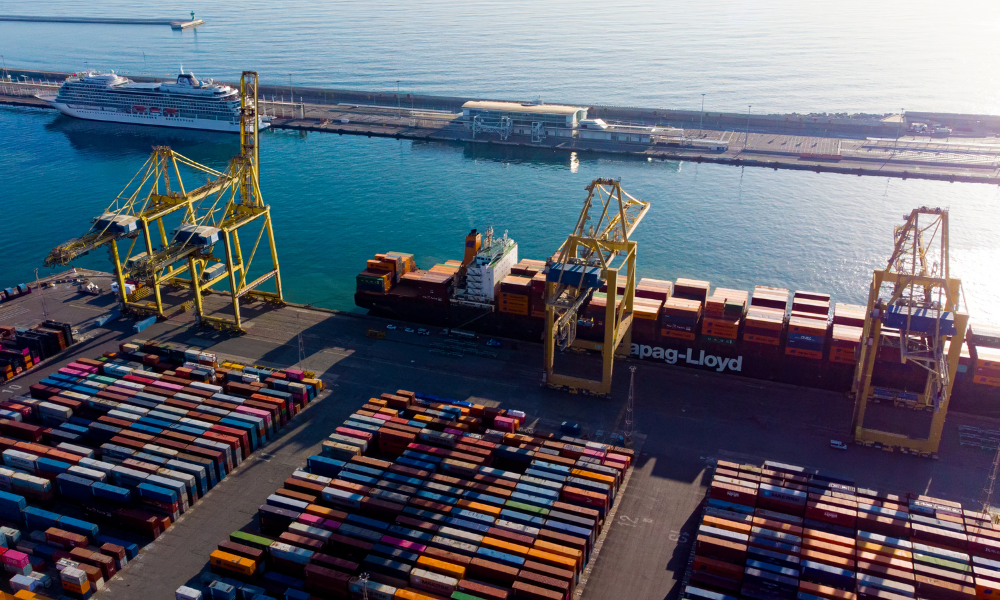
Businesses with US exposure could have some good news

A dramatic court decision earlier today in the United States could signal a cooling of global trade tensions— an outcome with ripple effects for Australian businesses and the human resources professionals who support them.
The US Court of International Trade has struck down a sweeping set of tariffs imposed by President Donald Trump, ruling that he lacked the legal authority to use emergency powers to tax imports from nearly every country. The ruling comes after a series of legal challenges mounted by US states and businesses that argued the tariffs were unconstitutional and economically damaging.
At the heart of the ruling is the International Emergency Economic Powers Act (IEEPA), a US law designed to deal with threats like terrorism and sanctions—not tariffs. Trump had relied on IEEPA to justify steep levies on goods from China, Canada, Mexico, and others, framing the U.S. trade deficit as a national emergency.
The court rejected that logic.
In a decisive opinion, the court declared the so-called “Liberation Day” and “Reciprocal” tariffs unlawful, stating they exceeded the president’s statutory authority under the International Emergency Economic Powers Act (IEEPA) of 1977. The Trump administration had invoked the legislation to justify tariffs on a broad array of countries, including key allies such as Canada and Mexico, citing a trade deficit as a national emergency.
“The Worldwide and Retaliatory Tariff Orders exceed any authority granted to the President,” the judges concluded, asserting that the imposition of duties under IEEPA constituted an “improper abdication of legislative power” by Congress.
For HR professionals in Australia, the story may feel remote—but its consequences are not. As the global trade climate shifts, the ruling opens the door to greater market stability, project viability, and talent mobility, all of which are directly relevant to workforce leaders navigating post-pandemic recovery and economic uncertainty.